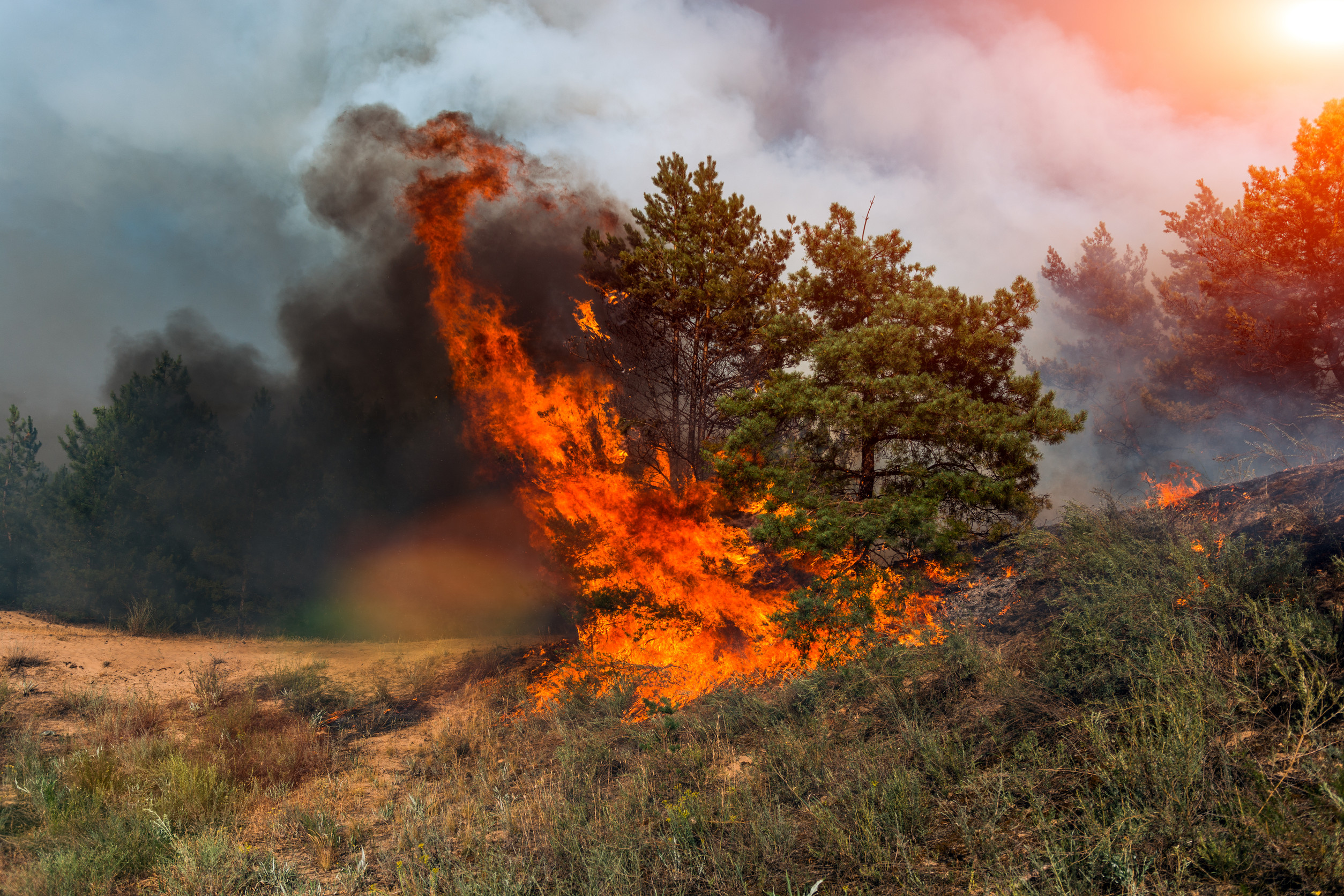Image Credit: yelantsev/123rf.com
As wildfires continue to escalate in frequency and intensity due to climate change, innovative solutions for early detection are emerging to mitigate their impact. A notable advancement is Pyri, a new, low-cost wildfire detection sensor designed to provide an environmentally friendly alternative to traditional systems that often exceed budget constraints in vulnerable regions.
Developed by a team of design engineering graduates in London, Pyri is a compact device, roughly the size of a pinecone, made from natural wax and charcoal composites. Its design allows it to blend seamlessly into the environment, leaving minimal ecological footprint. Once deployed in fire-prone areas, these sensors can function for years without maintenance. Upon exposure to heat from a fire, the device triggers a low-frequency signal to alert local authorities.
The design of Pyri draws inspiration from nature, particularly the phenomenon of “pyriscence,” where certain species adapt to fire. This natural blueprint informs not only its functionality but also its camouflage, ensuring that the sensors remain inconspicuous to both people and wildlife. The ribbed structure protects the sensor from impacts, especially when deployed in rugged terrains.
Sustainability is at the core of Pyri’s mission. The team has consciously avoided using rare earth metals and lithium-ion batteries, opting instead for organic materials. This focus on environmental safety extends to the device’s operation; even in the event of a fire, Pyri is designed to minimize harm to the surrounding ecosystem.
The urgency for effective wildfire detection systems is underscored by the rapid spread of wildfires, which can travel at speeds of up to 14 miles per hour. Research indicates that even a small reduction in response time can significantly decrease the frequency of large fires. While significant investments are being made in advanced fire detection technologies, many under-resourced regions still lack access to these tools. Pyri aims to fill this gap with an affordable and low-maintenance solution.
In a competitive landscape that includes other emerging technologies for wildfire detection, Pyri stands out by incorporating artificial intelligence to refine alert accuracy. The startup plans to offer its sensors through a subscription model that includes installation and monitoring services, with pricing aimed to be half that of its nearest competitor.
With initial focus on sectors such as forestry, agriculture, and utilities in the United States, Pyri has already garnered international interest. The startup recently received the prestigious James Dyson Award and is scheduled to conduct pilot tests this year, with a full commercial launch expected by 2027. As the threat of wildfires grows globally, solutions like Pyri’s could play a crucial role in protecting both lives and the environment.
Check out the original article here: Source link



